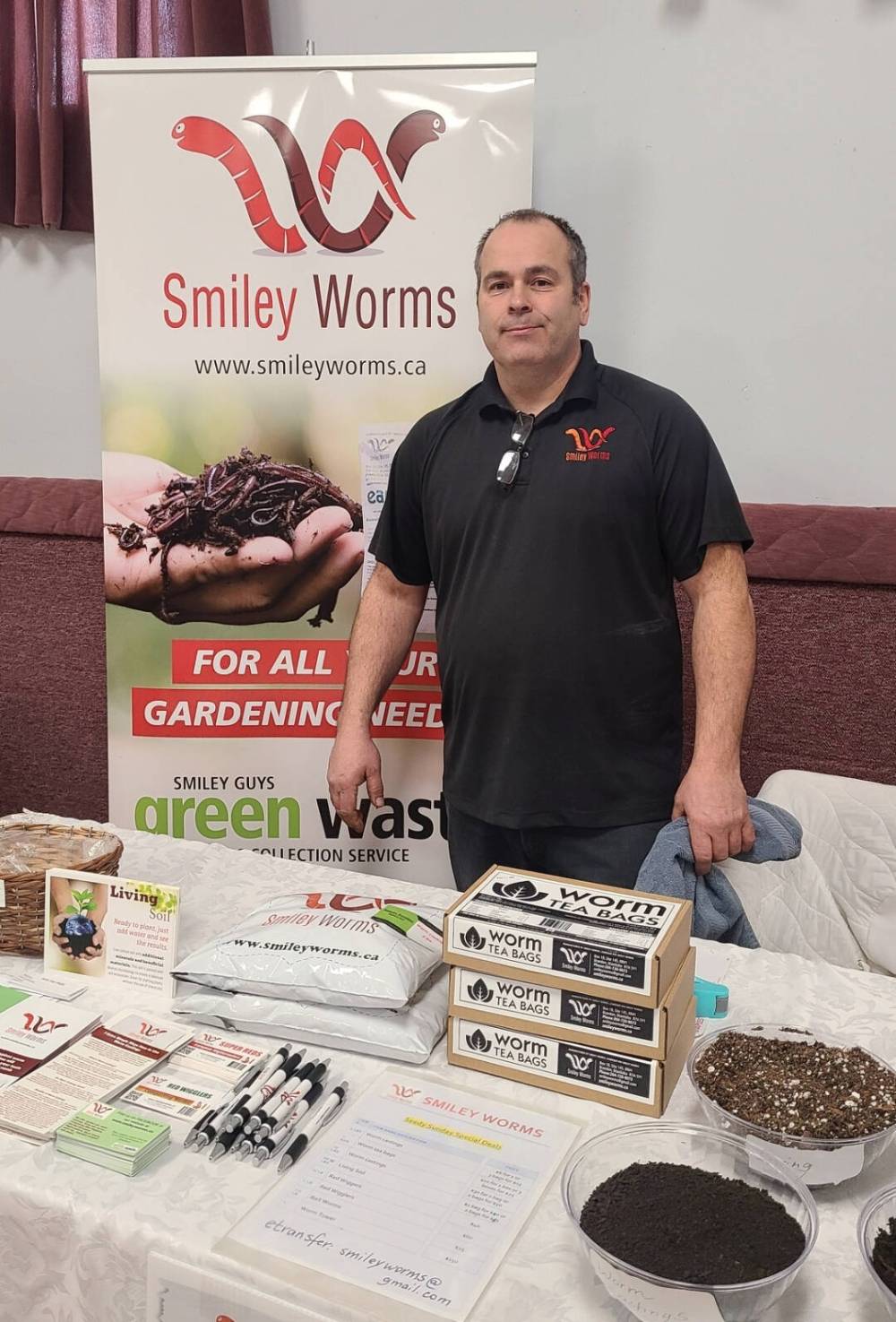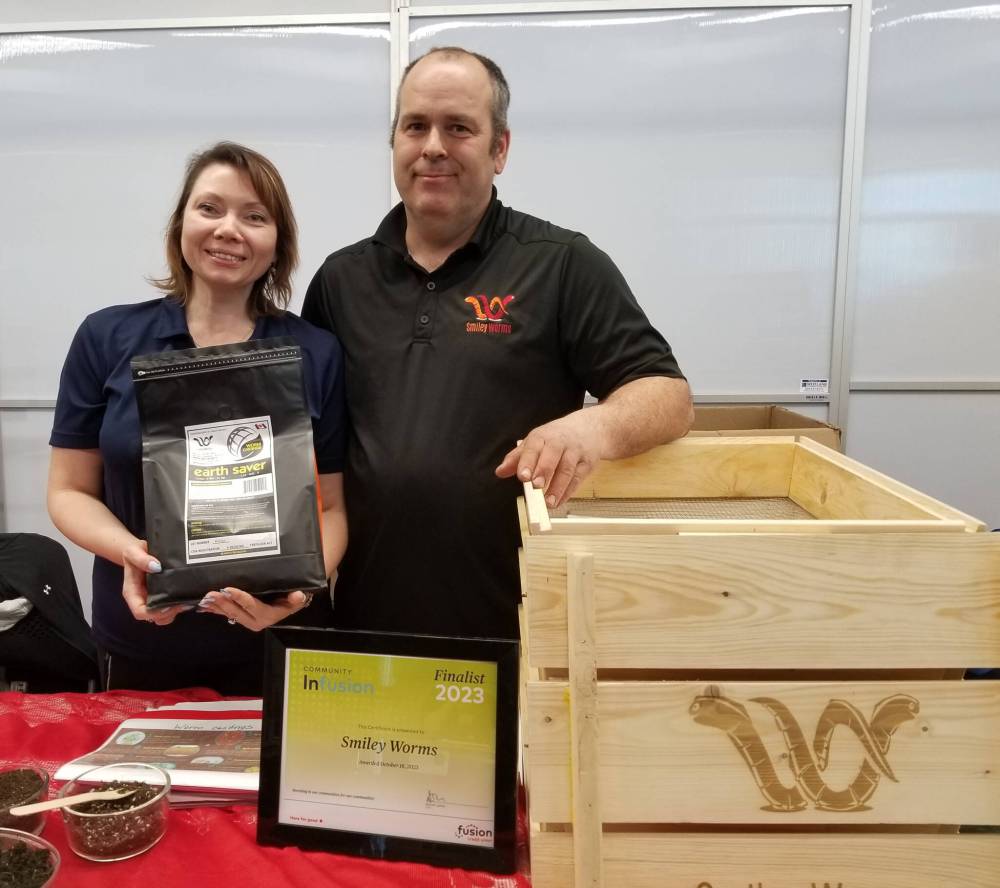Advertisement
Read this article for free:
or
Already have an account? Log in here »
We need your support!
Local journalism needs your support!
As we navigate through unprecedented times, our journalists are working harder than ever to bring you the latest local updates to keep you safe and informed.
Now, more than ever, we need your support.
Starting at $15.99 plus taxes every four weeks you can access your Brandon Sun online and full access to all content as it appears on our website.
Subscribe Nowor call circulation directly at (204) 727-0527.
Your pledge helps to ensure we provide the news that matters most to your community!
To continue reading, please subscribe:
Add Brandon Sun access to your Winnipeg Free Press subscription for only
$1 for the first 4 weeks*
*$1 will be added to your next bill. After your 4 weeks access is complete your rate will increase by $4.99 a X percent off the regular rate.
Read unlimited articles for free today:
or
Already have an account? Log in here »
Earth Day is just a few days away and you might find yourself “thinking green” and looking for something earth-friendly you can do at home.
Worm composting (or vermiculture) is a year-round project that will reduce outgoing food waste and help grow your garden and indoor plants. And because it’s done indoors, it’s great if you’re short on outdoor space.
Martin Dupuis, owner/operator at Smiley Worms (smileyworms.ca), says you’ll see a huge difference in your garden and your houseplants when you start feeding them with worm castings.

Vermiculture at home works by feeding food scraps from your kitchen to a hungry colony of worms you keep in a specially prepared container.
“The worms will use organic material and they turn it into a product that makes food readily available for plants,” Dupuis says.
Dupuis started vermiculture as a hobby around 2010. At the time, he owned a restaurant and was taking home organic waste to compost. He began looking into worm composting and decided to give it a try, feeding the hundreds of fruit and nut trees, raspberries and currants on his acreage.
“When I started using it on my own plants and trees, you could see the plants were darker green. Even the flavour of the fruit was better,” he says.
Dupuis was hooked.
Fast-forward a few years and he has scaled his hobby up to an earth-friendly commercial enterprise, turning organic waste into healthy compost, and selling the worms: red wigglers and European nightcrawlers.
Smiley Worms is producing compost on a commercial scale and Dupuis says it takes about three months to get the product depending on the number of worms and how broken down their food is. The at-home composter is running at a much smaller scale.
“The general consensus is that a pound of worms go through just slightly under half a pound of food a day,” says Dupuis.
“A pound of our worms would be about the size of your fist. Most people will know them as ‘Red Wigglers.’ That’s our most popular.”
Author Mary Arlene Appelhof, an American biologist, vermicomposter, and environmentalist, was the first person to popularize worm composting (or vermicomposting) with her 1982 book, “Worms Eat My Garbage,” which is still in print.
“She is one of the first people who figured out that we can have a bin in our house and feed it organic waste — she just made it easily understood,” he says.
Since then, scientists have learned how to commercialize the process based on factors like food sources, moisture levels, and equipment. Interest is global with the world’s largest worm-composter being MyNoke in New Zealand. Since 2007, they’ve processed more than 1.4 million tonnes of organic waste.
As a fertilizer, worm castings are highly beneficial.
“One thing that sets worm castings apart from normal compost is that there’s so much more biology that you’re putting in like growth hormones — all kinds of stuff that makes the organic waste more available to plants.”
Dupuis shares the basic steps for at-home composting, starting with a plastic tub with a lid and Red Wiggler worms.
“You need a carbon source like leaves, wood chips, shredded cardboard or paper. You need a nitrogen source, which could be vegetable scraps or coffee grounds (including the filters) — anything that’s organic in your kitchen. You have to add egg shells because worms need something to grind their food with and eggshells do that,” he says.
The materials should be layered from the bottom starting with the carbon layer (leaves, paper, etc.). The food scraps go next and then another layer of carbon materials. Layers should not be compacted down to allow oxygen to flow through.

“The third part is the moisture level, so you need to add some water,” says Dupuis.
To check your water level, do the squeeze test on the mix — grab a handful and squeeze — a few drops of water coming out is ideal. It should not be soggy.
“Then you add the worms to it. That’s your basic start. It’s not complicated,” he says.
Dupuis says educational resources are readily available on YouTube and in books. Smiley Worms has an FAQ page and Dupuis is happy to answer questions through the website. He says they ship worms all across Canada.
By the way — those caffeinated coffee grounds do shake things up.
“Actually, caffeine has the same effect on them as it does on us, the caffeine does actually perk them up,” he says.
If your worm compost colony should develop an odour, Dupuis says it’s lack of oxygen.
“Smell is managed by good practices and most of the time you didn’t add enough carbon to your bin. Carbon absorbs so many things like odour and moisture, and it fixes a lot of problems. So, just add more leaves, or more cardboard and it balances it,” he says.
The Red Wigglers cannot be kept outside during the winter but they are happy indoors all year.
Martin Dupuis is totally hooked on worms.
“I’ve been doing this since about 2010, and I’m always just fascinated by little discoveries that I make. Just when you think you know everything, you learn something else, says Dupuis.
“I guarantee anybody who takes the time to order worms has been doing their homework, and they can’t help themselves — they’re going to be digging in that bin all the time.”
» wendyjbking@gmail.com
